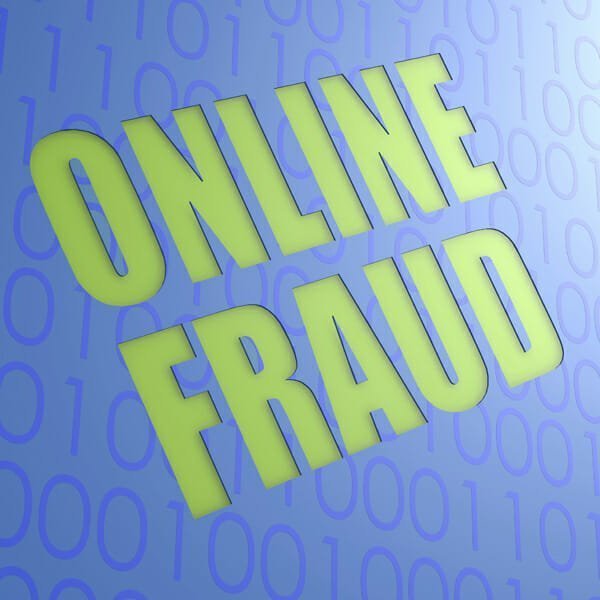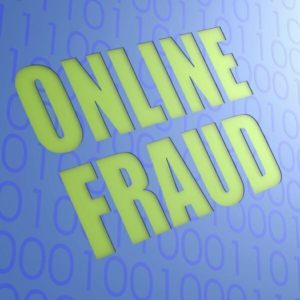
Your Identity Is in Danger
Your Identity Is in Danger!
By Stephen Swart
 Stories of major personal information thefts from names like Target, Home Depot, P.F. Chang, JP Morgan and even Dairy Queen have been reported in the past year. Labor Day, weekend Apple’s iCloud security was breached and personal information and photos were stolen and leaked from many Hollywood actors.
Stories of major personal information thefts from names like Target, Home Depot, P.F. Chang, JP Morgan and even Dairy Queen have been reported in the past year. Labor Day, weekend Apple’s iCloud security was breached and personal information and photos were stolen and leaked from many Hollywood actors.
What can you do to protect yourself?
The first step is having good passwords. In 2013, it was reported that the top three most used passwords were “123456”, “password,” and “12345678”. According to LastPass, 73% of people use the same password for multiple sites.
Good passwords should include upper- and lowercase letters, numbers and symbols if allowed, and be at least eight characters. The more random the characters the better, but this makes them difficult to remember. You may even consider using a phrase as a password where allowed. For example, if your branch bank is on University Street, you might use the phrase “MymoneyliesonUniversityStreetin2014”. The phrase is relatively easy to remember but difficult for a bad guy to crack. The drawback is that a long passphrase could be cumbersome to type on a smartphone. Also, most people have so many accounts, it is nearly impossible for anyone to keep track of all the username and passwords.
Keeping Track of Passwords
One solution to keeping track of all your accounts and passwords is a password management app. Three of the most recommended apps are LastPass (lastpass.com), Dashlane (dashlane.com), Passwordbox (passwordbox.com). All of these offer the ability to keep track of and securely store account information and passwords, generate secure passwords for you and log you in to your favorite websites. They also all can work on your desktop, laptop, tablet and smartphone. They can be a great solution for helping manage all your account information and protecting your identity.
Password Dos & Don’ts
DO:
Change passwords often, especially after a suspected breach.
Use passwords with upper- and lower-case letters,
numbers and symbols where allowed.
Use different account names and passwords for logins,
especially for banks, credit cards and other financial services.
DON’T:
Use simple or easily guessable passwords
(ie. last name, birthday, phone number, etc.).
Trust email links or ever enter your password on a link provided by email. It might be a phishing scam.
Keep your passwords in plain text, especially not taped to the bottom of your keyboard.
What is
phishing?
A fraudulent attempt, usually made through email, to steal your personal information.
Receive your complimentary Relocation guide and magazine

